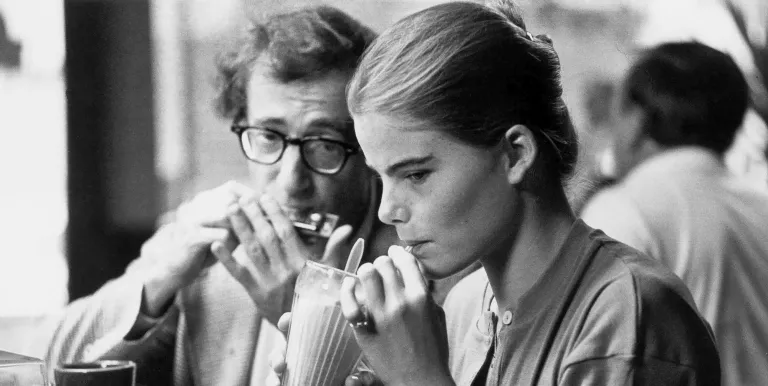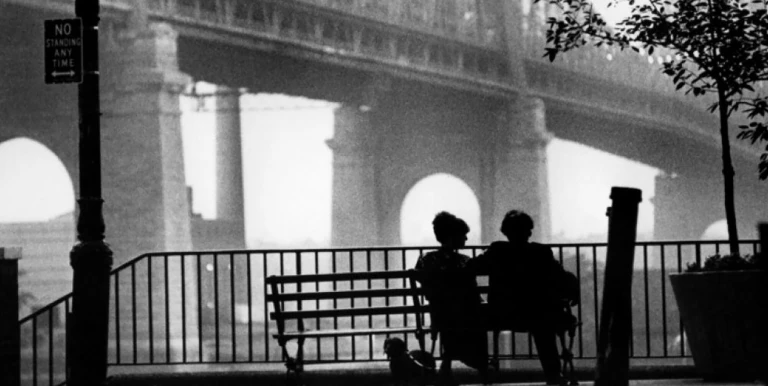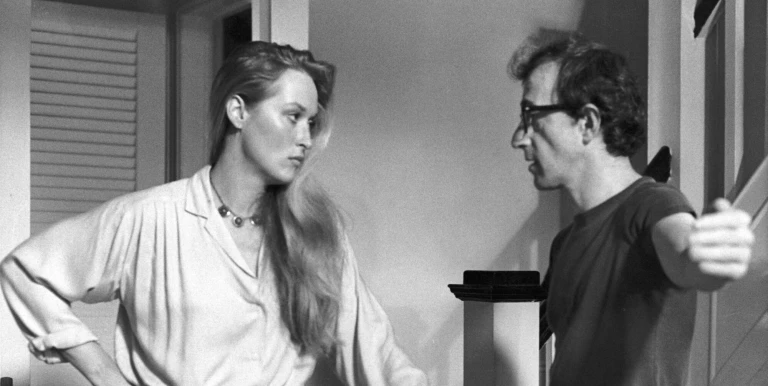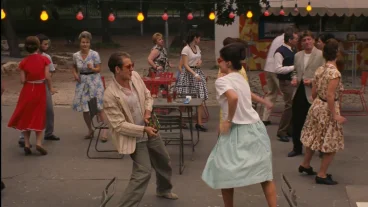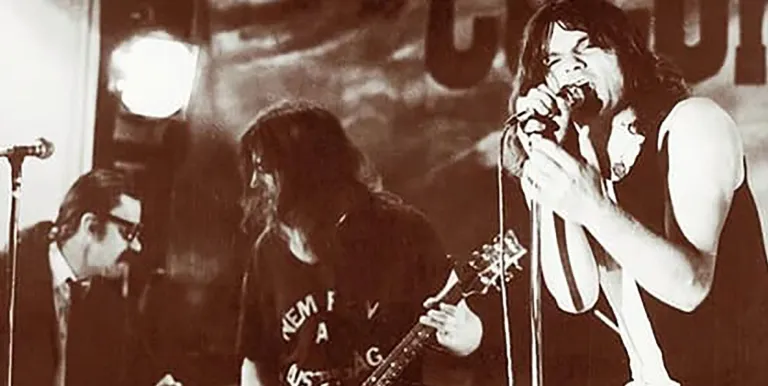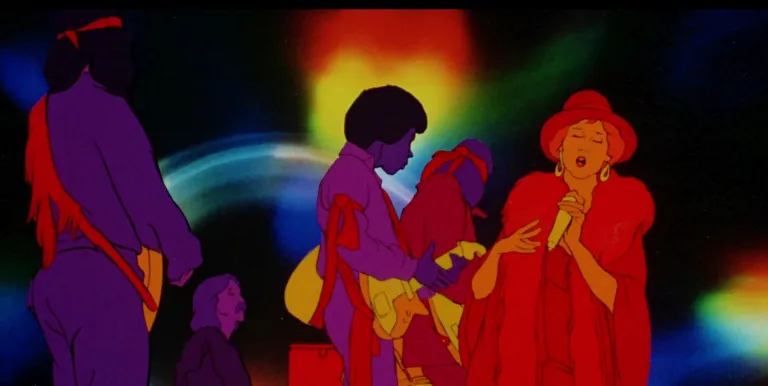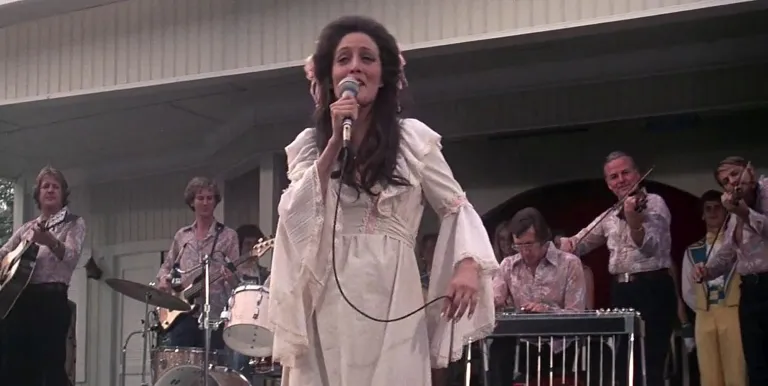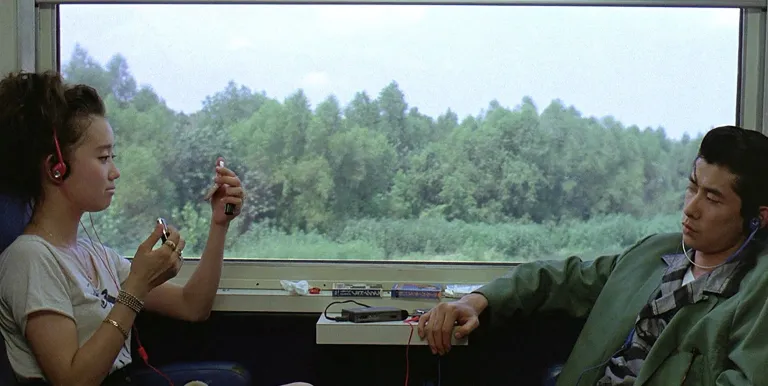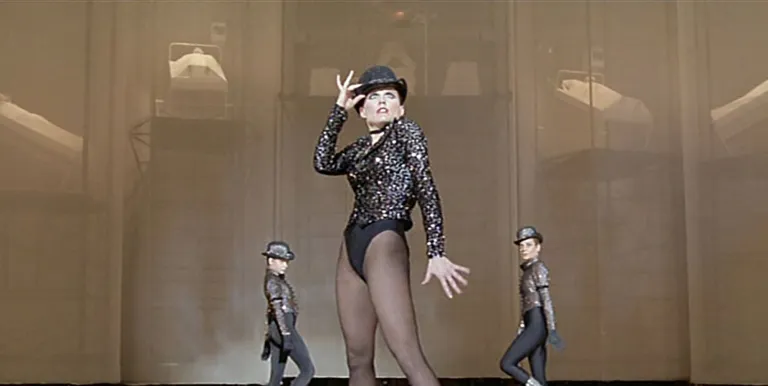Change
We would like to inform you that our performance of Manhattan (1979), originally scheduled for 18 December 2023, has been rescheduled for 19 December 2023, at 7 pm . Tickets purchased for the originally scheduled date will automatically be valid for the new one.
Valid tickets can be redeemed until 6 December 2023 via the online interface previously set up for this purpose or our permanent ticket office.
Thank you for your understanding!
Change
We would like to inform you that our performance of Manhattan (1979), originally scheduled for 18 December 2023, has been rescheduled for 19 December 2023, at 7 pm . Tickets purchased for the originally scheduled date will automatically be valid for the new one.
Valid tickets can be redeemed until 6 December 2023 via the online interface previously set up for this purpose or our permanent ticket office.
Thank you for your understanding!
Replacement performance originally planned for 18 December 2023. Tickets purchased for the original performance are valid for this date.
Creator:
Featuring:
Obviously, without greater geometric knowledge, no one can cope with Woody Allen's love polygons, especially when one of their apexes is a city. This time Manhattan is right at the centre. Cinematographer Gordon Willis invented a new language: for the first time in Allen's life, the film is wide-screen and in black and white. The wider picture shows more of the city. And the lack of colour makes the city look like artists' photographs. Woody Allen's heroes have already expressed the view in his previous films that living in New York is not a matter of choice, because there is nowhere else to live. This is made clear right at the beginning of the movie by the hero of this story, Isaac Davis, a writer who is struggling with the first chapter of a novel.
Manhattan is in many ways a continuation of Annie Hall. Not of the story, but of the idea. Woody Allen, however, restrains his hero this time. Isaac is nowhere near as witty and omniscient as Alvy Singer. And what's more! The script brings him together with a woman, Mary (Diane Keaton), who is wittier, who has a sharper tongue. And what is particularly touching about this film is that its hesitant characters, trained on various analytics, are full of emotion. And it's not easy for them to cope. The use of a wide screen is also extremely exciting. While the narrower screen kept the characters together, the wide open space allows them to creep in and out of the picture during painful scenes. Surprisingly, this makes everything a little more dramatic. (Don't worry, Gershwin's music helps you through.) Manhattan is Woody Allen's beautiful, emotional meditation on the altered state of consciousness called love. And it bears little resemblance to the romantic comedies of our time, whose beginning, end and stakes are love itself. Instead, we can consider that love, break-ups, betrayals, reunions and so on are all part of a larger game - life.
In English, with Hungarian subtitles.
The discussions before and after the screening will be conducted in Hungarian.
Presented by: Müpa Budapest
-
We wish to inform you that in the event that Müpa Budapest's underground garage and outdoor car park are operating at full capacity, it is advisable to plan for increased waiting times when you arrive. In order to avoid this, we recommend that you depart for our events in time, so that you you can find the ideal parking spot quickly and smoothly and arrive for our performance in comfort. The Müpa Budapest underground garage gates will be operated by an automatic number plate recognition system. Parking is free of charge for visitors with tickets to any of our paid performances on that given day. The detailed parking policy of Müpa Budapest is available here.

